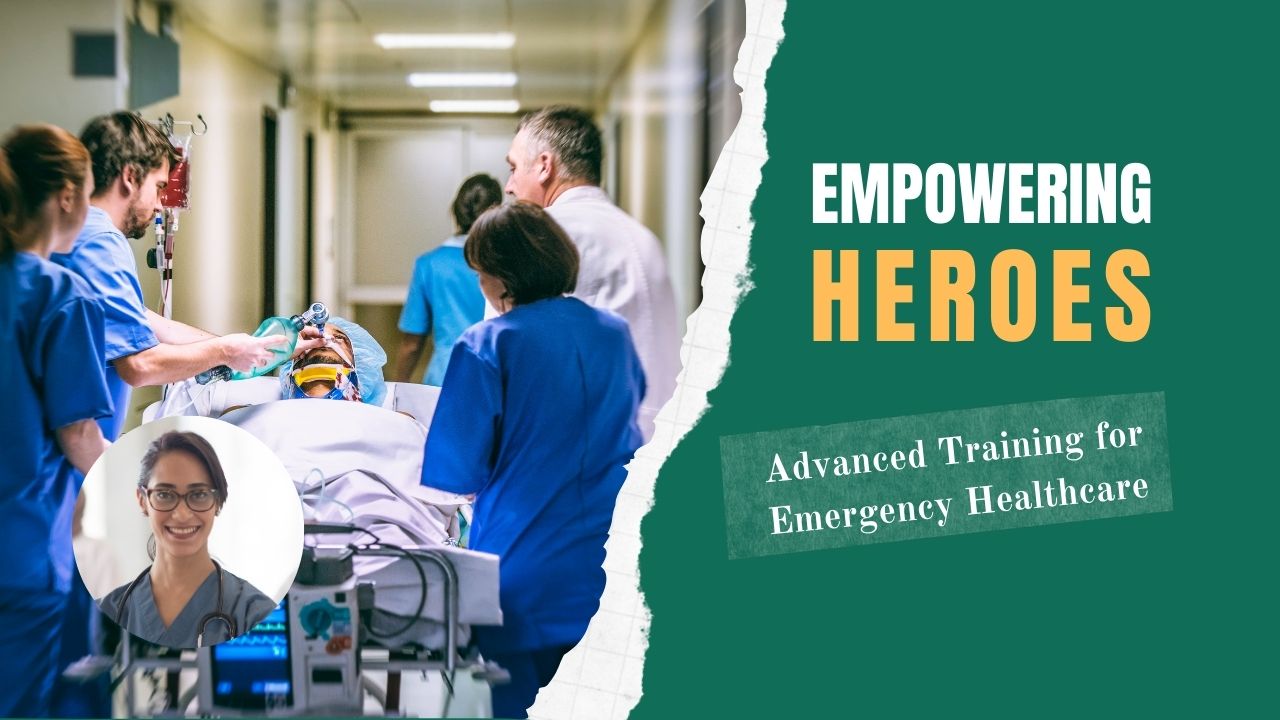Published - Wed, 26 Oct 2022

Brain Abscess: Risk Factors, Symptoms & Treatment
INCIDENCE: Brain abscesses are rare. The greatest incidence is seen in patients between the ages of 20 and 40 years; men are affected twice as often as women.
PATHOGENESIS
1. Abscesses typically develop as a result of an external infection focus.
a) Brain abscesses arise from the middle ear, mastoid, and paranasal sinuses 40% of the time.
b) The hematogenous spread of bacteria from remote sites causes 30% of infections.
c) Thirty percent of brain abscesses have no clear cause.
2. The cerebrum becomes inflamed, an abscess forms, and then it becomes encapsulated. Three major complications can cause sudden deterioration: uncal or tonsillar herniation, spontaneous hemorrhage, and rupture of the abscess into the ventricular or subarachnoid space.
RISK FACTORS for brain abscess include AIDS, immunosuppression, and intravenous
drug abuse.
CLINICAL FEATURES: The clinical presentation may mimic that of a brain tumor, but the presentation of an abscess usually evolves more rapidly (e.g., within days to weeks). The classic presentation is one of headache, recent seizure, low-grade fever, and a focal neurologic deficit.
a) Headache is the most common symptom; it is present in 70% to 90% of affected patients.
b) Focal neurologic deficits are found in 75% of patients.
c) Seizures are found in 30% of patients; fever in 50% of patients.
DIFFERENTIAL DIAGNOSES include a tumor, encephalitis or meningitis, cerebrovascular accident, subarachnoid hemorrhage, migraine, and an extradural abscess.
EVALUATION: Cerebral inflammation develops into an abscess and then becomes encapsulated. Laboratory values are rarely helpful, although the WBC count is elevated in 30% of patients.
THERAPY: Surgical intervention and antibiotic treatment are part of definitive care.
1. Supportive therapy: If there are signs of increased intracranial pressure, the physician may need to elevate the bed 30 degrees, intubate the patient, and institute dexamethasone therapy (10 mg intravenously followed by 4 mg every 6 hours for adults; 0.6 mg/kg every 6 hours for children).
2. Antibiotic therapy: Drugs should be selected using susceptibility testing as a basis (see table below), and therapy should be continued for 4 to 6 weeks.

DISPOSITION: Patients with brain abscesses require hospital admission and immediate neurosurgical consultation.
Created by
Rigomo Team
Rigomo is a leading online education platform that offers a wide range of courses to help individuals enhance their skills and achieve their career goals. With our user-friendly interface and expert instructors, we strive to provide high-quality education to everyone, anytime and anywhere. Join us today and take the first step towards a brighter future.
Rigomo is an e-learning platform that was founded in 2019 by a team of dedicated professionals with a passion for revolutionizing the way people learn. The platform offers a range of online courses that cover various industries, including business, technology, healthcare, and more.
Rigomo's courses are designed to be interactive and engaging, with a focus on practical skills that learners can apply in their careers. The platform uses a combination of video lectures, quizzes, and hands-on projects to help learners master the subject matter.
Rigomo is committed to providing affordable and accessible education to people around the world. The platform offers a range of pricing options, including monthly and annual subscriptions, as well as pay-as-you-go options for individual courses.
Since its launch, Rigomo has received numerous accolades for its innovative approach to e-learning. The platform has helped thousands of learners across the globe acquire new skills and advance their careers.
As Rigomo continues to grow, the team remains committed to providing high-quality education that is accessible to all. The platform is constantly updating its courses and features to ensure that learners have access to the latest tools and technologies.
Comments (0)
Search
Popular categories
Health and Wellness
231Skill Development
7Technology
5Community Impact
2Success story
2Creativity
1Latest blogs

DeepSchool: The Story of an Idea That Refused to Sit Still
Tue, 02 Dec 2025

Transforming Emergency Care: The Story Behind Rigomo's Revolutionary PPMMP Course
Sun, 12 May 2024

Empowering Rural Healthcare: How Pogiko's AI is Bridging the Gap in Medical Services
Thu, 25 Apr 2024

Write a public review